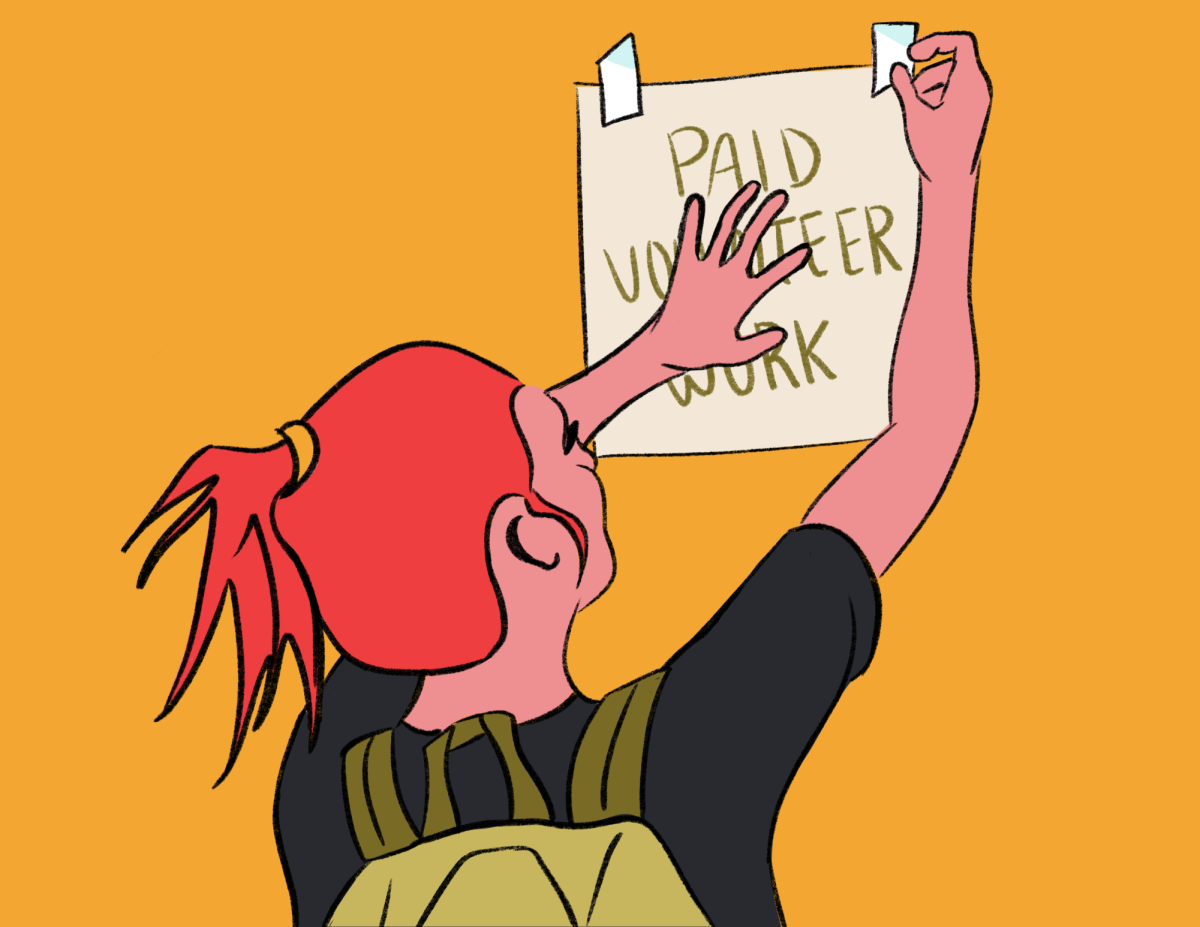As a landlocked, former socialist bloc European country, Hungary is rarely thought of as being central in any sense other than its geographic location. But in reality, events that took place there 20 years ago precipitated the fall of the Berlin Wall and the subsequent reshaping of Europe, according to a speaker at the Hinckley Institute of Politics.
Ambassador Balázs Bokor, the Hungarian consul general in Los Angeles, spoke Wednesday to an overflow audience about the political climate surrounding the fall of the Berlin Wall and the ramifications of that event for not only Europe, but also the entire world.
In 1989, a handful of Hungarian officials decided to loosen the country’s border restrictions, opening a new path to the West for East German escapees. The move was justified for humanitarian reasons, though Bokor said it reflected Hungary’s increasing embrace of the West and the political and philosophical ideals that it represented.
Between the spring and fall of 1989, tens of thousands of East Germans poured through openings in the wall, fueling the movement
that ultimately led to the wall’s complete destruction in November of that year.
“I don’t want to claim that everything happened in tiny Hungary,” Bokor said, emphasizing that his country had precipitated events that he believes were inevitable8212;speeding up the dismantling of the Iron Curtain as opposed to causing it outright.
Bokor said he was recently reminded of the significance of that event and the ensuing fall of the Soviet Union and end of the Cold War when he toured a missile site in Tucson, Ariz., where a nuclear warhead 600 times more powerful than the bomb dropped on Hiroshima once stood poised for launch against the communist menace.
“Thank God nothing happened,” Bokor said.
The move to open the border carried great political risk for Hungary, Bokor said, given that the Soviet Union still had troops occupying the country and supplied more than 80 percent of its gas and oil.
Above all, the policy violated the Warsaw Pact, a mutual defense agreement between Hungary, the Soviet Union and six other communist bloc countries signed in 1955.
“Hungarians, in a way, hated the Soviet Union, but never hated Russians,” Bokor said, in a response to an audience member’s question about the Soviet reaction to Hungary’s defiance.
Since the transformative years of the late 1980s and early 1990s, Hungary has seen its economy flounder under successive administrations of divided leadership, and it now faces a deficit that accounts for about 82 percent of its gross domestic product, Bokor said. The situation was made worse by last year’s credit crisis, and the country is now looking to the International Monetary Fund for assistance.
Bokor spoke approvingly of Sen. John Kerry’s push to increase aid to the former socialist bloc, agreeing with the Massachusetts Democrat’s view that allowing those countries to fail would effectively undo the revolutionary change of 20 years ago.











